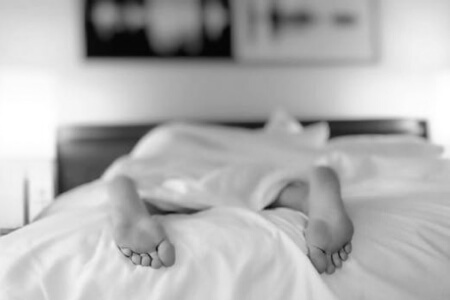
As you no doubt know, we are becoming progressively fatter as a nation. You’ll also know that there’s a well established link between being overweight and serious illnesses such as Type 2 diabetes, heart disease and strokes.
There is also a definite link between stress and overeating and this can be explained chemically. Acute (short term stress) causes the brain to produce an appetite-suppressing hormone called corticotrophin-releasing hormone. Adrenaline, which is released in a stressful situation to initiate our primitive flight or fight response, is also an appetite-suppressing chemical. You’ll know the feeling of acute anxiety (or panic) where your stomach is churning and the last thing you feel like doing is eating.
Chronic (long term stress) is however a different story. With chronic stress, we produce a chemical called cortisol which increases our appetite. An excess of cortisol favours fat storage over using calories for energy, and this fat tends to be stored in the abdominal region. Abdominal fat also has more cortisol receptors so we actually produce more stress. So more fat equals more stress equals more fat. A vicious cycle.
How do we get out of this? We attack the chronic stress. Hypnotherapy is a fantastic method for this, and will get you back in control of your stress and your eating.



Recent Comments